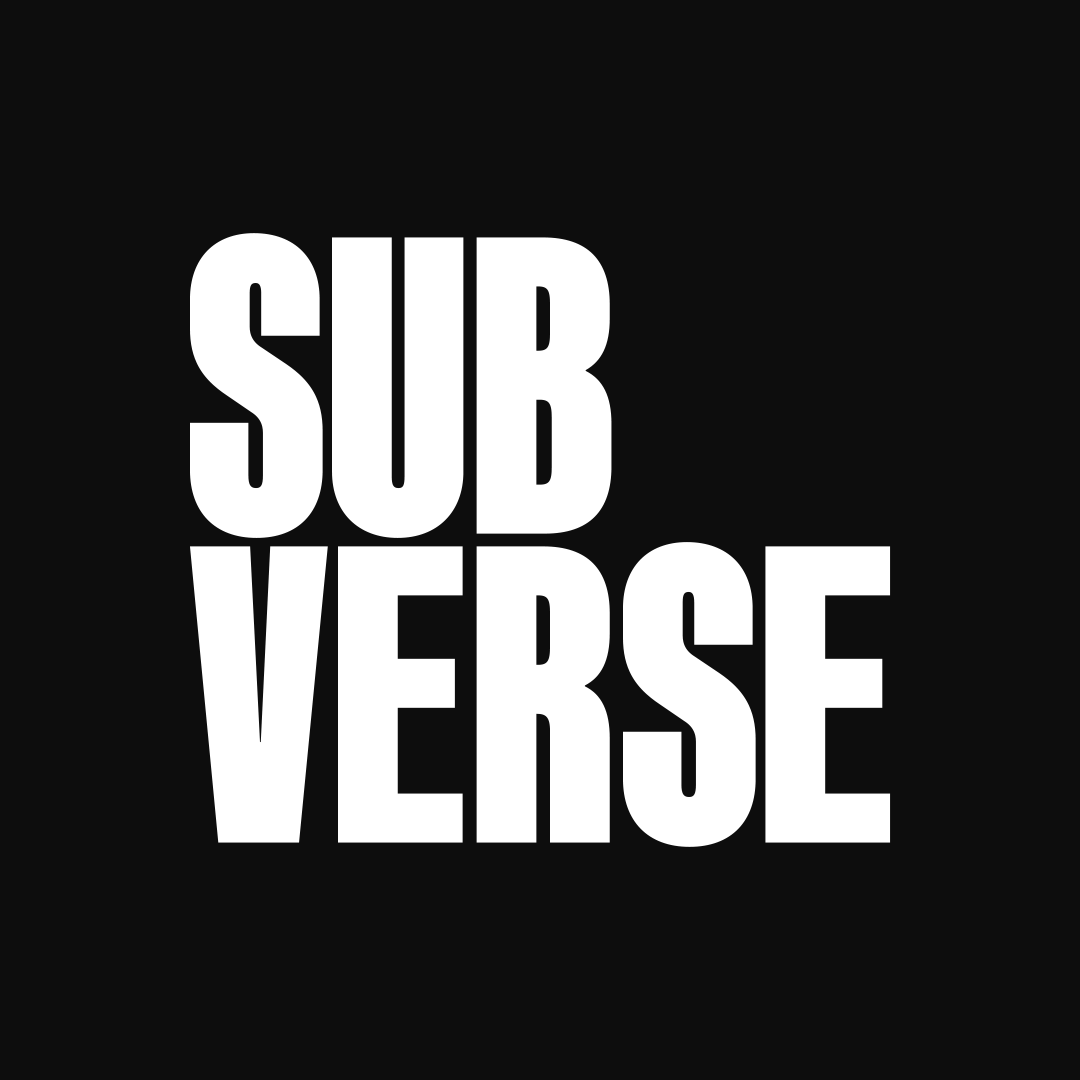I’ve spent my career helping brands tell their stories. What I didn’t expect was how often I’d have to renegotiate my own.
To be a designer, consultant, and storyteller today is to stand in the middle of a persistent ethical storm. We’re asked to create meaning in a world oversaturated with message. Our work builds bridges, shapes perception, forges identity—and sometimes, covers rot. That contradiction is hard to ignore. It’s even harder when you care.
There have been times I wanted to walk away. Times when every meeting felt like performance, every strategy a thin gloss over the unsellable. It can be isolating to care about meaning in a marketplace that often rewards manipulation. And the noise is relentless. Authenticity itself has become just another tactic. Voices are calibrated, stories optimized. The world doesn’t need more content; it needs more courage. But that isn’t what trends track.
What makes it harder is the system we all move within. Capitalism is not neutral ground. I’ve taken high-paying projects that left me hollow. I’ve watched noble missions flatten into buzzwords. I’ve helped launch startups with vision, only to see them ossify into cliches. And I’ve had to ask: if I help build the machine, don’t I bear some responsibility for what it does?
But it’s not all compromise. I’ve also helped organizations find their voice, clarify their purpose, speak with integrity. I’ve seen strategy used not to spin the truth, but to surface it. Those are the moments that keep me here. Not because they’re frequent, but because they’re real. They remind me what design can be.
Design isn’t inherently ethical or unethical. It’s a vessel. When filled with intention and guided by listening, it becomes something rare: a form of care. A way to make sense of chaos. A method of showing up—not just showing off.
The same goes for branding and marketing. These aren’t, by nature, acts of manipulation. They’re acts of communication. In a healthier world—a post-scarcity society, even a utopia—we’d still need ways to share, to signal, to connect. The problem isn’t the tools, but the hands that wield them, and the systems they serve.
So I return. Not because it’s easy. Not because it always works. But because it still feels right. To me, design isn’t just a job. It’s an orientation. A belief that things can be better—and that better begins with attention, responsibility, and respect.
The ethical path isn’t easy, or even always clear. But I still believe it matters. That belief is where I begin again.
This essay builds on my earlier reflection, The Philosopher-Builder, and opens a three-part series exploring the personal, ethical, and professional foundations of my work.
Part II will dive into systems thinking—how I’ve come to understand design not as a linear process, but as a dynamic, interconnected way of seeing and shaping the world.
Part III will explore applied responsibility—what it means to build with care, navigate compromise, and lead with integrity when the answers aren’t obvious.
This is where I begin again. But it won’t be where I stop.

